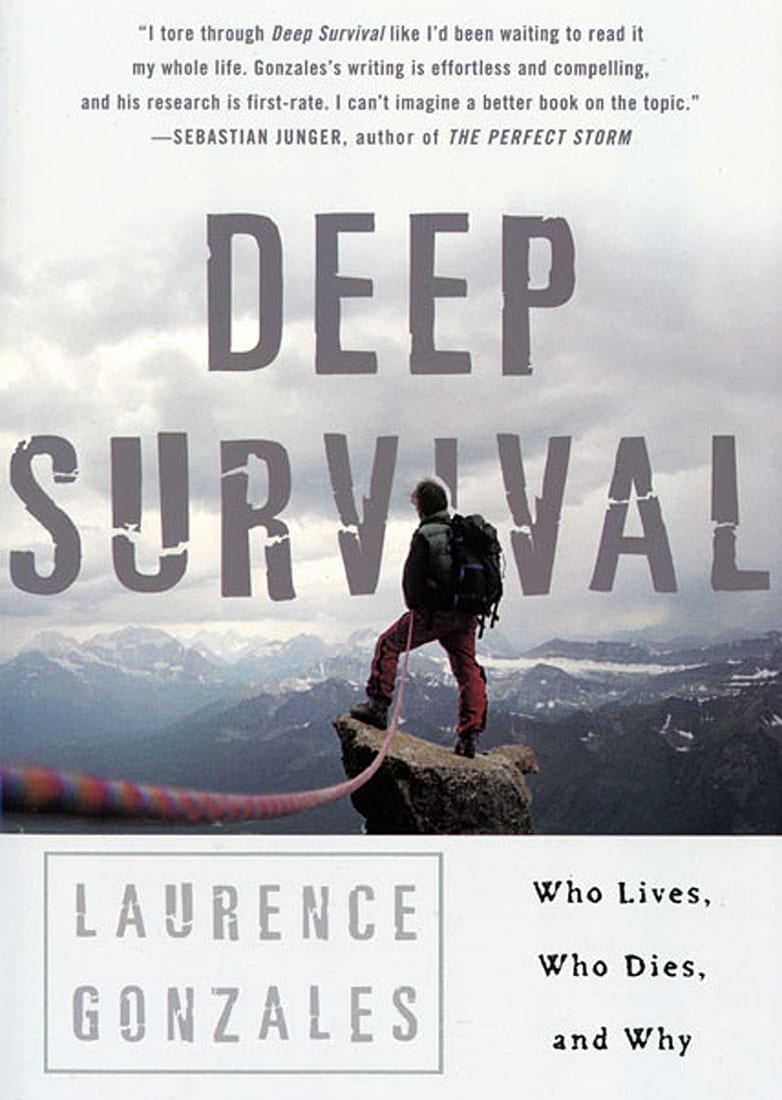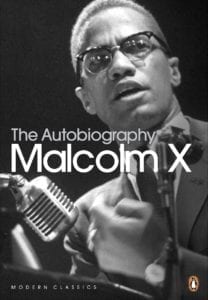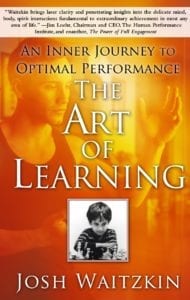Deep Survival
My Thoughts
In 2002, I studied abroad in San Jose, Costa Rica. I was with my school group for 4 weeks studying Spanish and planned to stay an additional 2 weeks by myself exploring the beautiful country. On my way to moving from one house to another to spend those final two weeks, I was robbed at gunpoint and my suitcase was kindly removed from me.
I froze. I couldn’t think. I panicked. After they took my bag, they left. I was fortunate. But I was deeply disturbed. In the moment I needed to be thinking clearly and not panicking, I did just the opposite. Why?
Deep Survival covers this type of question. Laurence Gonzales starts off the book by stating that survival lesson #1 is to remain calm and not to panic. I found myself in good company as one who panics:
“Only 10 to 20 percent of untrained people can stay calm and think in the midst of a survival emergency.”
I guess I’m one of those 80 to 90% of people who cannot stay calm. In fact, this book helped me to see the ways in which I do not have a survival mindset. Here are some of the main ones:
- I am a rule follower. Survivors are independent thinkers.
- I like to have a plan and stick to it. Survivors are flexible
- I like to Get There Now. Survivors have the mindset of Be Here Now
Many of the non-survivors highlighted in Deep Survival were experienced climbers, soldiers, and outdoorsmen. Sometimes, their overconfidence killed them.
In Costa Rica, I had a confidence-boosting experience earlier on the same day I was robbed. I was on a bus riding from the beach back to San Jose. During this ride, there was a random passport check by the authorities. I didn’t have my passport. There were others on the bus who had passports but something was wrong and they were removed from the bus. I was the only guy on the bus without my passport. Yet somehow, the authorities passed right by my seat. That was mid-day. Later that night, beaming with the confidence of having dodged a brush with the federales, I walked from one neighborhood to another with a full suitcase at dusk. I knew I shouldn’t have done it, but I was overconfident.
When robbed, my natural inclination was to panic. I didn’t consciously think about panicking, I just panicked. “A panicked mind is a useless mind.” My natural inclination was wrong. How do you change things that you don’t think about?
“Knowledge of the sort you need does not begin with information, it begins with experience and perception.”
My natural inclinations can be changed through habit and daily practice. David Goggins, ex-Navy SEAL and “toughest man alive,” was recently on a run when a car pulled up next to him. The driver asked for directions and then asked Goggins what he was training for. “Life,” said Goggins.
That’s how survivors are made. They are not made in times of great stress:
“A survivor builds up an account of commitment over a lifetime. The more he invests, the more he has when trouble comes.”
Gonzales refers to his father throughout the book – a survivor of two plane crashes and a Nazi camp. Gonzales says that the lesson of survival is that his father came home after these tragedies and survived another 60 years living well.
“Survival is a path that must be walked from birth to death. It is a way of life.”
“The most efficient preparation is a general mental, physical, and professional readiness nurtured over years of training and experience. You live to live.”
This was an excellent book this is applicable in so many aspects of life. I loved the emphasis on the life well lived. The whole life. Not periodic moments of greatness, but the daily mindfulness of taking the next right step. This book challenged me to think differently, to not always follow the rules, to have flexibility in my panning, and to be present now, not in the future or in my dwelling of the past, but to be right here, right now.



